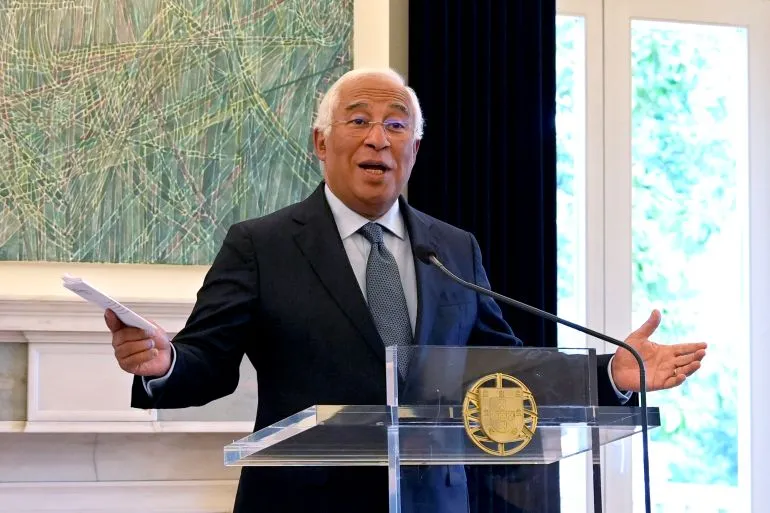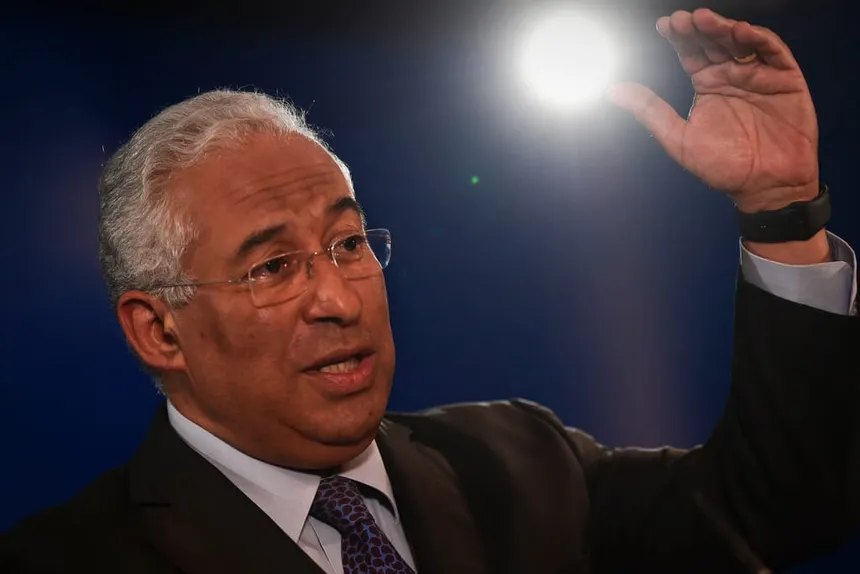Portugal’s Prime Minister Antonio Costa resigned on Tuesday, a decision that came amid an ongoing investigation into alleged irregularities committed by his majority Socialist administration in handling lithium mining and hydrogen projects in the country. Costa’s resignation, which was announced in a televised statement, follows the naming of infrastructure minister Joao Galamba as a formal suspect by prosecutors and the detention of Costa’s chief of staff. The opposition has been demanding that the government step down in the wake of the allegations.
In his televised statement, Costa said that his conscience was clear and that he would not stand as a candidate for the premiership again. He also emphasized that he was fully available to cooperate with the justice system, indicating that he intended to clear his name and demonstrate his integrity in the face of the allegations. Costa stated that the dignity of the functions of prime minister is not compatible with any suspicion about his integrity, good conduct, and even less with the suspicion of the practice of any criminal act.
The investigation, which has been ongoing for several months, has focused on alleged irregularities committed by Costa’s administration in the handling of lithium mining and hydrogen projects in Portugal. The projects, which were touted as key to Portugal’s economic development, have been the subject of controversy and criticism since they were announced. Costa’s resignation is seen as a major blow to the Socialist administration, which had been grappling with declining popularity and rising criticism over its handling of the economy and other issues.

Portugal’s Prime Minister Antonio Costa (Via Antonio Costa/Twitter)
The opposition has been quick to seize on the allegations, demanding that the government step down and calling for fresh elections. The opposition has accused Costa’s administration of engaging in corrupt practices and abusing its power to benefit its allies and supporters.
Costa’s resignation has thrown Portugal into a state of political uncertainty, with the country’s parliament now facing a constitutional crisis. The president, Marcelo Rebelo de Sousa, will now need to decide whether to accept the resignation or try to resolve the crisis by calling for new elections.
The scandal has also raised questions about the future of the Socialist administration, which has been in power since 2015. Costa’s resignation has plunged the party into chaos, with many senior members facing questions about their involvement in the alleged irregularities. The party’s future will likely depend on the outcome of the investigation and the ability of the party’s leaders to contain the damage caused by the scandal.

